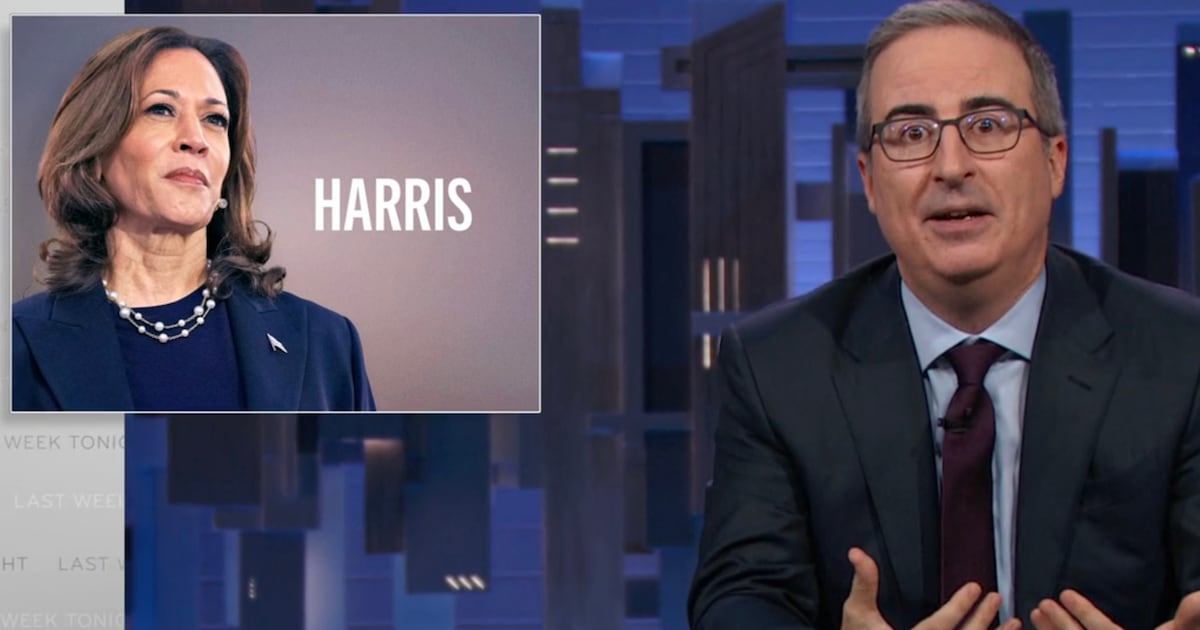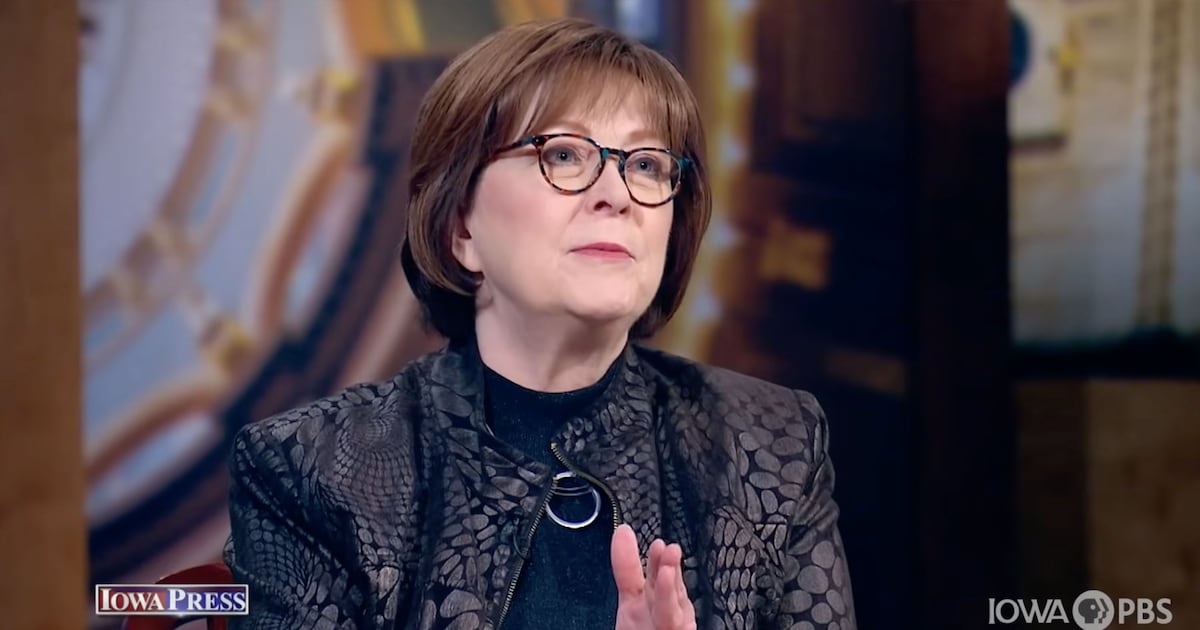Fuller House is not good.
In fact, it is aggressively bad. It is corny, schmaltzy, hammy, predictable, pandering, and retrograde. That’s why I loved it.
Read the smattering of headlines from critics and TV reporters reacting to Friday’s launch of Netflix’s Full House revival, more than 20 years after the original corny, schmaltzy, hammy, predictable, pandering, and, at that time, kind-of current T.G.I.F. family comedy went off air.
ADVERTISEMENT
Oh, these critics Do. Not. Like. Fuller House.
The A.V. Club called it “like a porn parody without the porn.” Entertainment Weekly said it’s “lazily constructed kitsch that isn’t worth your time or affection.” Regarding its pilot, The Hollywood Reporter wrote, “It’s doubtful that there will be a more painful 2016 TV episode.”
How rude.
The new comedy reunites cast members Candace Cameron Bure, Jodie Sweetin, and Andrea Barber for a gender-reversal of the original Three Men and a Baby plot. Cameron Bure’s D.J. Tanner is widowed, and moves back into the iconic San Francisco Painted Lady. Noticing that she’s overwhelmed, sister Stephanie (Sweetin) and kooky BFF Kimmy (Barber) move in with her.
Pretty much the entirety of the original cast—Bob Saget, John Stamos, Dave Coulier, et. al.—make sporadic cameos throughout the season. (Mary-Kate and Ashley Olsen’s Michelle is referenced by name only.)
This is all to say that Fuller House is so exactly a replica of the original Full House that the show’s first episode goes so far as to split-screen the new leading trio of ladies recreating, frame-by-frame, a scene acted out by Saget, Stamos, and Coulier in the Full House pilot 29 years ago.
Fuller House is arriving at the peak of one of pop culture’s most exhausting and misguided trends: the nostalgic reboot.
Cherished relics from our past, frozen in time with beepers and scrunchies and shoulder pads and John Stamos’s devastatingly handsome face, are, with the rise of the Internet and its memes and outlets for binging old shows, newly celebrated. Fans campaign to reunite these shows’ casts. Exhausted from their efforts to shed their ties to embarrassing old roles, these casts lean into the fanfare and agree. Eyeing a guaranteed audience, studios reboot old shows. Whee!
Lost in all of this, however, is what we want from these reboots. These countless, endless reboots.
Was Fuller House ever going to come back with sudden comic intelligence? Razor sharp dialogue? Angsty observations on the human condition? Was D.J. suddenly going to be cursing like Julia Louis-Dreyfus on a HBO series? Sex scenes featuring John Stamos (a person can dream)? A sudden allergy to Very Special Lessons set to twinkly music at the tail-end of an episode?
Of course not.
We keep asking for these reboots. What exactly are we expecting when they arrive?
The brilliance—if the word could be applied to the world of the Tanners—of Fuller House is how close it adheres to the original. In theory, that should ensure that we’re not disappointed by the revival. Fans purportedly clamored for the show to come back, and here it is, exactly the way we remembered it. So why are some people so disappointed?
Of course, there is the contingent that never had a desire to ever find out whatever happened to predictability. (Nor to the milkman, the paperboy, and probably not even evening TV.) By the time Carly Rae Jepsen gets to those lyrics in her version of the show’s earworm theme song for Fuller House, I’d venture that those people are bleeding from the ears.
So many of us grew up on this show and were rapt with its wholesome charms. We relished in shouting its unusual preponderence of catchphrases along with its characters (“you got it dude!”), found relief from the ever-edgier and more mature TV fare in its unabashed earnestness and strict family-friendliness, and delighted in the novelty of watching its child-star actors come of age—us doing the same along with them.
Others reviled the show and its ba-dum-dum one-liners, insufferable morality, and grating cuteness from the start.
“I Watched Every Episode of Full House and I Want to Die,” wrote The Daily Beast’s Ben Collins in a piece that profiled Ryan Alexander-Tanner, whose blog Full House Reviewed meticulously eviscerates the nostalgic sincerity with which many of us look back on the show. Basically, he takes grown-up Full House fans’ rose-colored glasses, throws them on the ground, and steps on them until they shatter.
Fair enough.
But what this rise in TV reboots maybe reflects is our inability—and even our refusal—to separate nostalgia from a critical eye, or even from a desire to appreciate quality. Either that, or we’re all masochists who enjoy having our fondest memories destroyed.
Boy Meets World gets revived—and largely resembles the family-friendly show it was when it first aired—and we’re bummed that its comedy didn’t mature with us. We clamor for Arrested Development and Wet Hot American Summer to come back, and then gasp at how the casts have aged and whine while suffering through the show-damning workarounds producers were forced to employ in order to reunite its now super-famous actors.
The new 24 kind of blew. And regarding the just-wrapped X-Files revival? Let’s put the truth out there: It sucked.
When you survey those (arguable) failures, Fuller House kind of resembles a triumph.
The first episode is a grin-inducing extended Jimmy Kimmel bit, a Where Are They Now? reunion with perhaps more entrance applause at each returning original cast member than there is actual dialogue. Not one original catchphrase goes unuttered. Not one opportunity for a group hug goes wasted.
The writing? Super goddamn corny. You laugh, because you’re laughing at yourself for laughing.
The blaring enthusiasm with which the show gives fans everything they want all in the first episode is, in a way, even commentary on nostalgia. After each callback to the original series, you can almost see the actors straining to resist winking at the live studio audience, which gradually erupts into Oprah-giving-out-cars levels of euphoria throughout the pilot.
Then the show retreats into what is going to be the Fuller House formula, which is to say a mimic of what was the Full House formula.
Uncles Joey and Jesse, Aunt Becky, Danny, Nicky and Alex—even D.J.’s high school boyfriend Steve—step back to cameo status as D.J., Stephanie, Kimmy, and their new brood of precocious youngsters stage laugh-tracked hijinx that give way to valuable life lessons.
To her credit, Candace Cameron Bure is a completely winning sitcom lead. She lights up the screen, and has the kind of crack comedic timing that makes the straight-man still fun to watch—taking after her TV dad, Bob Saget. Despite not acting for two decades, Andrea Barber and Jodie Sweetin are so keyed into their old characters it’s almost disturbing.
The show is gloriously ridiculous still. It’s so ‘90s in that regard.
Episode three, for example, culminates with Jodie Sweetin and Macy Gray (?!) singing a duet to “(I’ve Had) The Time Of My Life” from Dirty Dancing as Candace Cameron Bure and Andrea Barber recreate the film’s iconic dance, the Chmerkovskiy brothers from Dancing With the Stars serving as strangely homerotic background dancers.
It’s the nonsensical hodgepodge of pop culture that those ‘90s family sitcoms thrived on, and that Fuller House now does, too.
You’ll laugh, though, at the gleefulness of it all, and the unapologeticness of its throwback ham. “What if Uber sees my boobers?” D.J. frets when Stephanie suggests she change in the Uber on the way to a club. “Do you have reservations?” the host asks when they arrive. “Yes! I feel like I should be home with my kids!”
Groan. Because, really, that’s what you’re supposed to do.
In the end, as it always was, this is a show about a nice family, who is nice to each other. It’s strange how, two decades later, Fuller House stands out because of how singular and unique that is.
So does Fuller House deserve the hate? Please. Have mercy.





